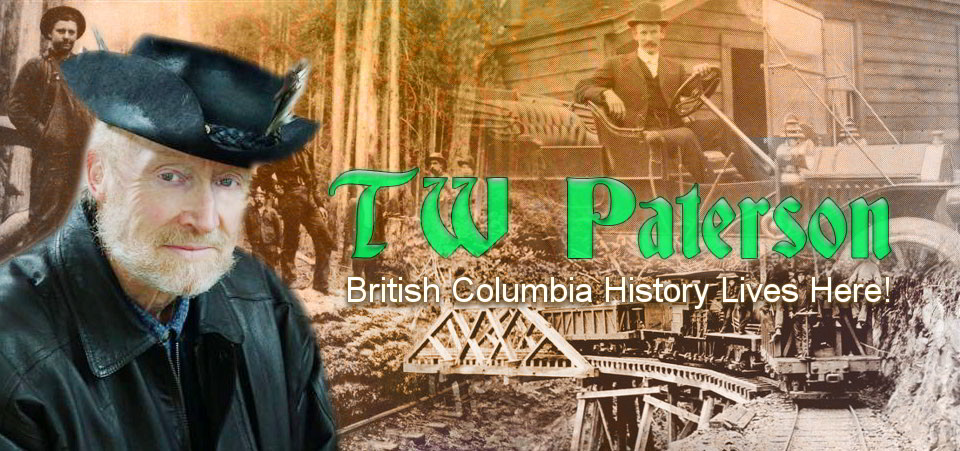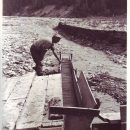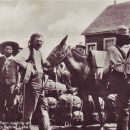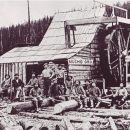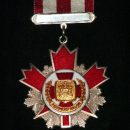John Cowley Preferred Flowers to Gold
John Joseph Cowley was one of the legion of hopefuls who sought to make his fortune in one of British Columbia’s several gold rushes. Few, in fact, of the tens of thousands who tried even recovered their expenses before having to go to work for those who’d been “lucky” or return to their previous occupations. Among these for the most part anonymous also-rans was John Cowley whose diary, today in possession of the British Columbia Archives, provides fascinating insight into what it was like to uproot one’s whole life and travel as much as halfway round the world to look for gold–but not find it. Very few prospectors struck it rich; few even made wages. The miner working fabled Williams Creek in the Cariboo in this government photo from 1938 appears to have an ambitious setup even though the...
Read MoreColourful Cataline was One of a Kind
With his Spanish sombrero, drooping Napoleon III mustachios and goatee, silk bandana, heavy wool shirt held in place by a bright-coloured sash, frock coat (on formal occasions), suspendered trousers, riding boots and spurs, Jean Jacques Caux—Cataline—was right out of a Frederick Russell painting. But Cataline as he was known to one and all was real. Not only that, he was bigger than life. Barrel-chested, with arms that seemed too long for his short body, he carried himself with the assurance of a man born to lead; a man with full confidence in his strength and ability to back up his word. For those tempted to question his authority, two further essentials completed Cataline’s costume: a broad-bladed throwing knife in his boot and an iron mule shoe in his pocket! Born in 1830 in Oleron, Sainte Marie, in what’s now...
Read MoreDeathbed Promise Made History
The story of Cariboo’ John Cameron, more than a century and a half later, remains every bit as fascinating and is so much bigger-than-life that it bears repeating. Almost unusual in the B.C. goldfields in that he was a Canadian, this descendant of Scottish United Empire Loyalists who’d moved north during the American war for independence, John Cameron was 25-years-old when he left the family farm near Glengarry, Ontario (Canada West as it was then) in 1852. With his brother Alan, he joined in the California gold rush and, six years later, Cameron and two brothers came north to seek their fortunes on the Fraser River. John did well enough, as much as $20,000, that he returned home and married Sophia Groves, his childhood sweetheart. With Sophia and year-old daughter Alice, he again headed west, this time drawn by...
Read MoreForest Ranger Oliver G. Clark Died in the Line of Duty
Although he served in the trenches in the First World War, it’s not for his military heroism that Oliver G. Clark is recognized. Rather, his “deed of heroism unsurpassed in British annals,” as it was glowingly described at the time, occurred almost a decade after Armistice, and half a world away from the battlefields of Europe. In possession of niece Lorna Clark when I originally wrote this piece for the Cowichan Valley Citizen in 1999, was the framed citation presented to the forest ranger’s family, almost a century ago. Awarded posthumously, it was the British Columbia government’s highest honour. (See footnote below.) Late spring of 1925 had been unusually hot and tinder-dry, and B.C. forests faced a growing threat of fire. Outbreaks in the Qualicum, Ladysmith and Capilano areas soon spread out of control, that at Qualicum charring 1600...
Read More